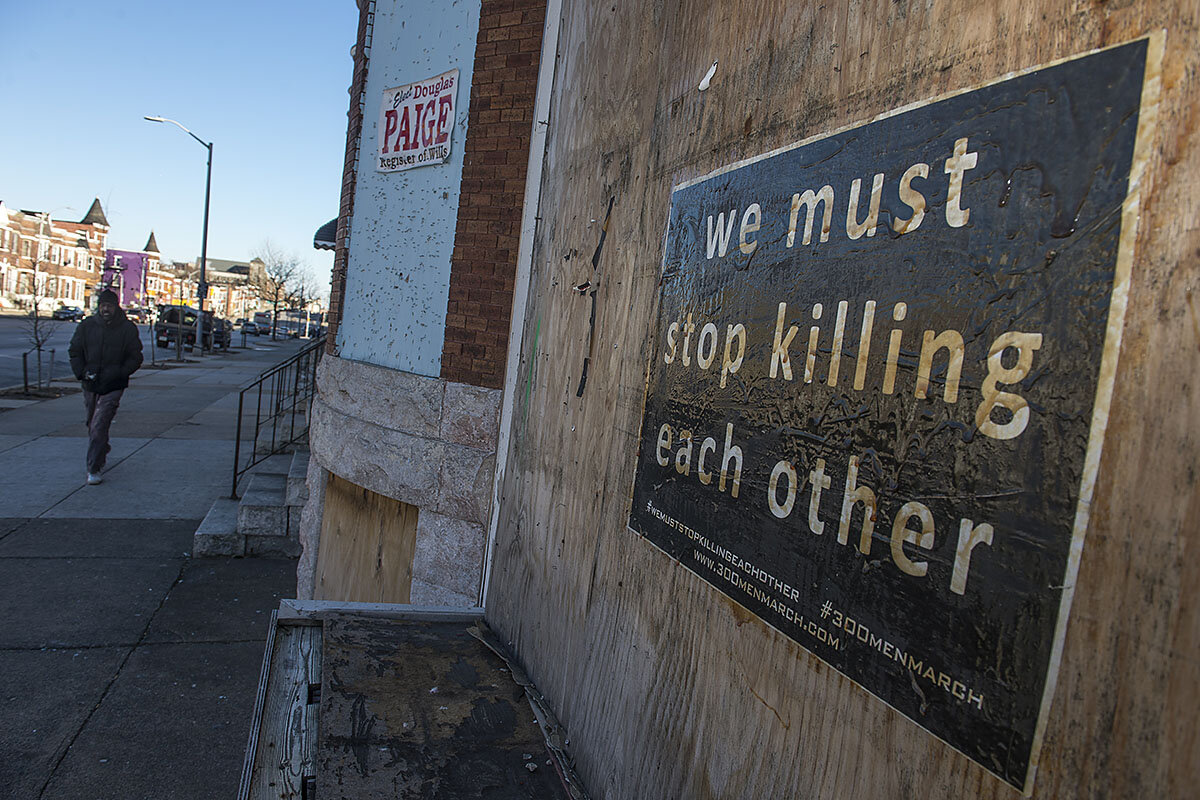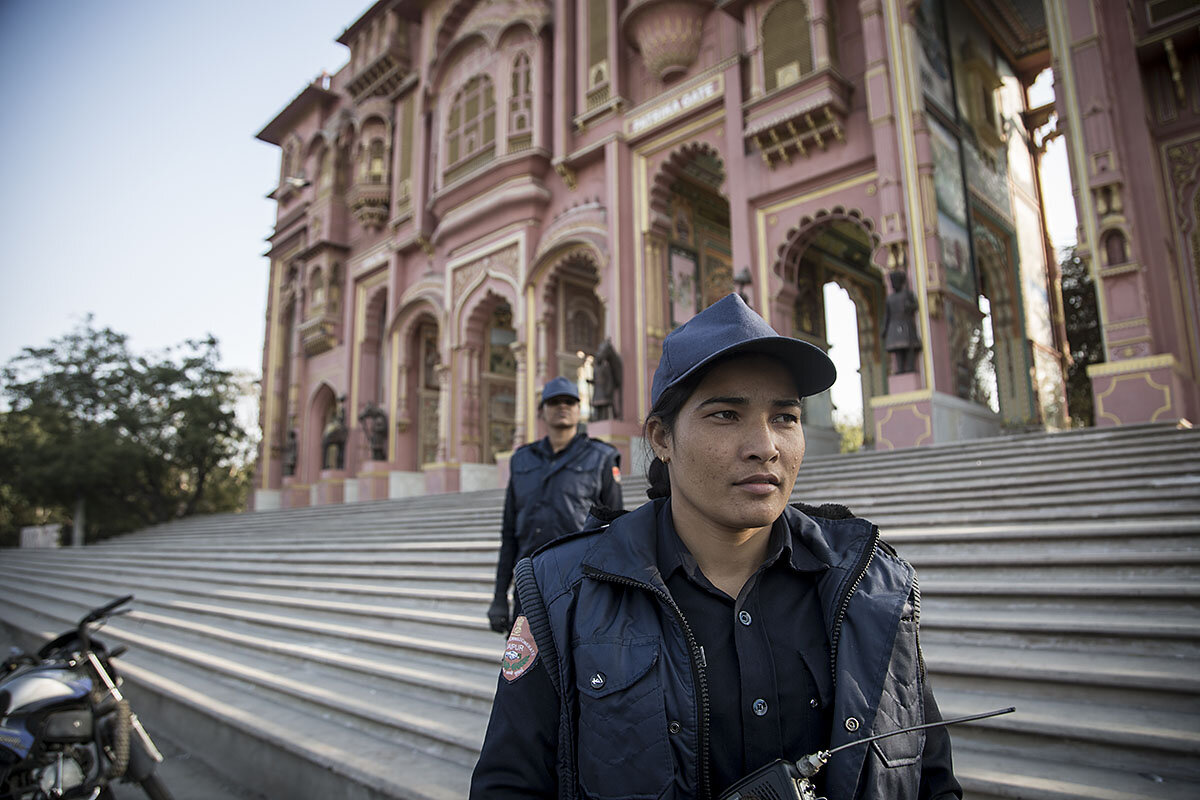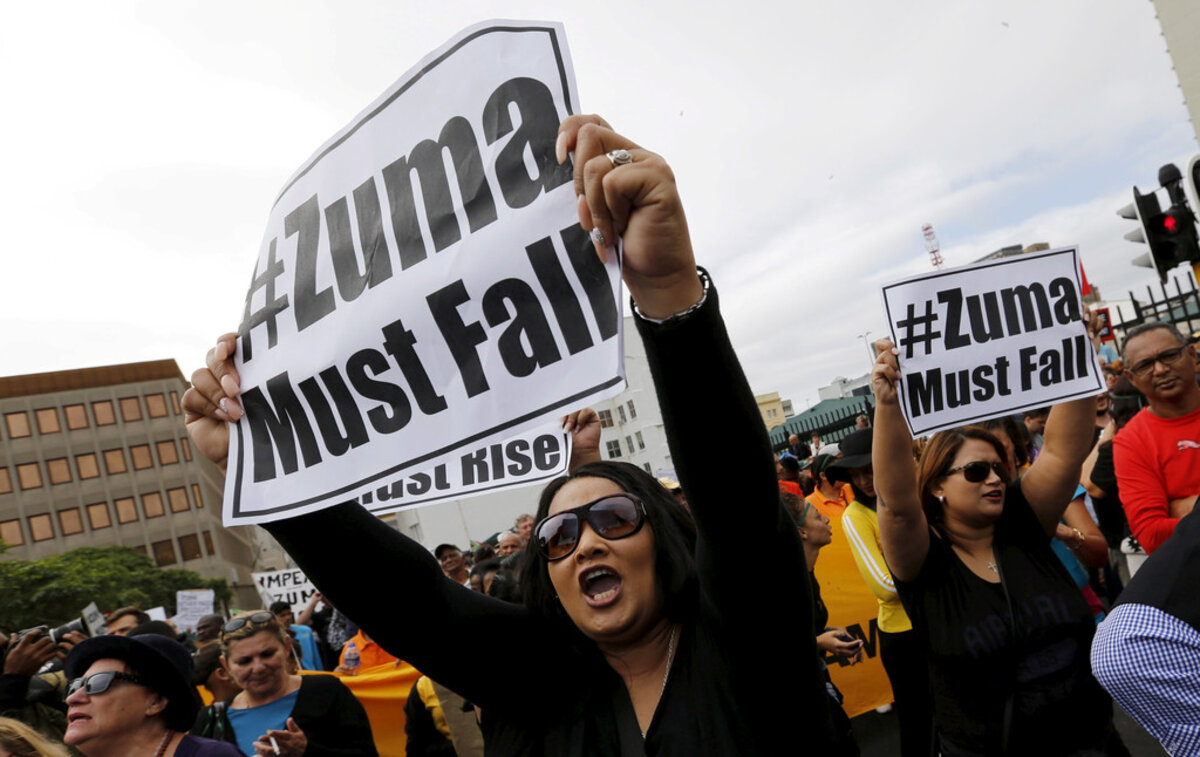Revelations about repeated renewals of temporary security clearances at the White House have underscored how little public information is available about the clearances. A congressional investigation may change that.
Monitor Daily Podcast
- Follow us:
- Apple Podcasts
- Spotify
- RSS Feed
- Download
 Amelia Newcomb
Amelia Newcomb
How do you watch the Pyeongchang Olympics?
There are the things we notice: Competitors defying gravity and pressure with grit and grace. The chance to imagine life literally in the fast lane. Awe that transcends national ties.
Other things slip past us. Security measures that include “drone-catching drones.” The lack of global fretting about readiness before the opening ceremonies – a quiet gauge of South Korea's image as technological titan.
And then there are the visiting American veterans of the Korean War. Some speak of their admiration for the South’s achievement since that devastating conflict. “It shows you how hardworking … the Korean people are,” one told CNBC. He values his contact with Koreans in the US as well through the Korean War Veterans Association. "We have a real love for them and they seem to love us."
That spirit also stands out to veteran Ronald Busser, watching from his home in York, Pa. He has Korean friends here, he told me, including a Korean pastor who reached out years ago. “He keeps us on track of what’s going on over there,” he says, noting his own astonishment at South Korea’s growth. “They’re pretty grateful people.”
For veterans of what’s often called “the forgotten war,” it’s their own podium moment.
Here are our five stories today, showing the power of individual initiative and family support at work.










